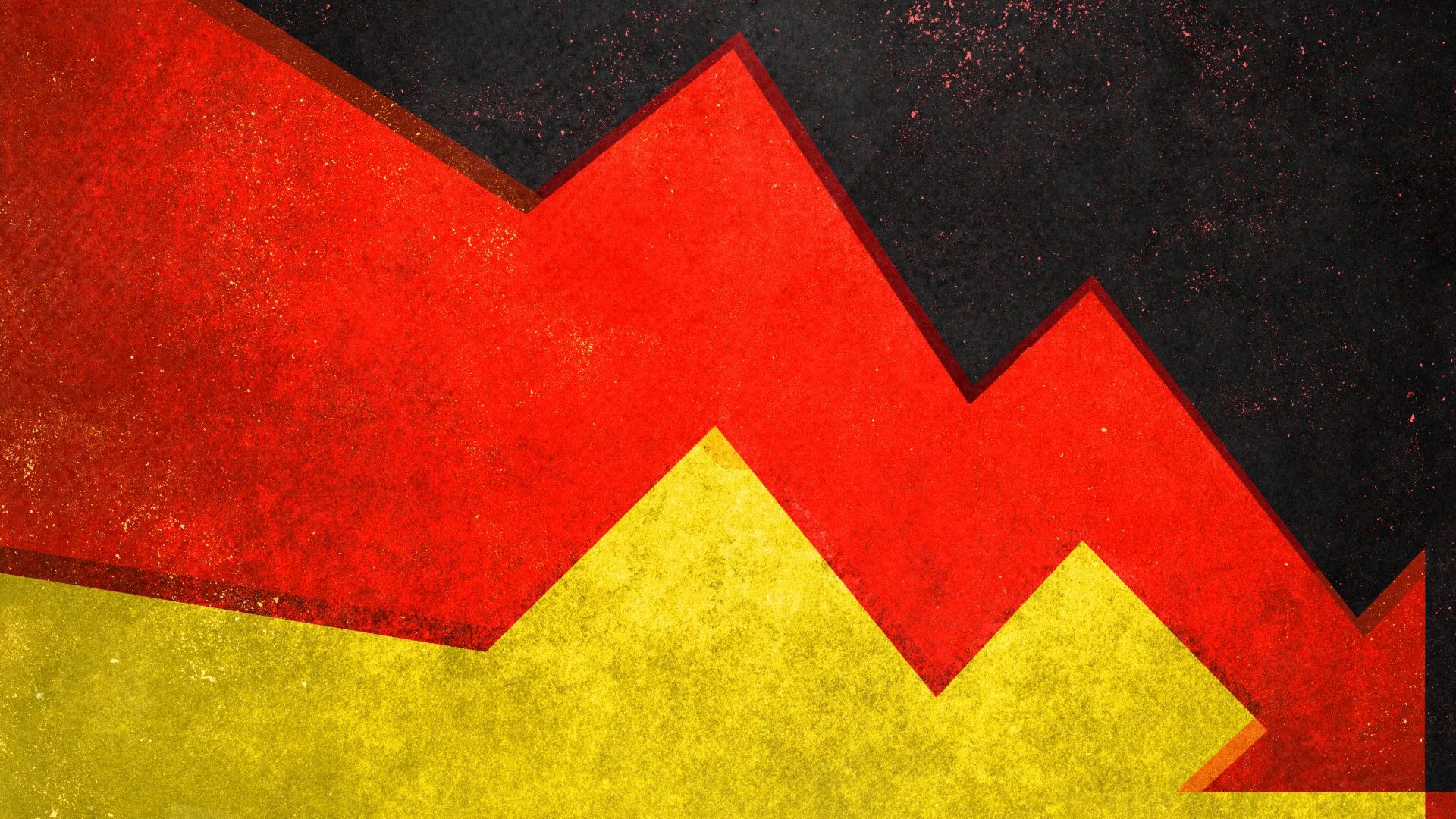We have been here before. In the 1990s, Germany was labelled “the sick man of Europe”. Saddled with the huge costs of reunification, an inflexible labour market and far too many rules and regulations, the country appeared to be locked in permanent decline. Schadenfreude was the buzzword of the day for UK right wingers, who waited eagerly for the German crash that would allow Britain to take its rightful place as masters of Europe.
Of course, it turned out to be wishful thinking. The Germans reformed, recovered and once again retook their position as the continent’s leading economy. But now schadenfreude is back in season.
To the delight of the Daily Express (“Remoaners wrong again! EU chaos as Germany in recession”) and Telegraph (“German economic policy has gone stark raving mad”), the nation Brexiteers love to hate is again beset by a series of problems and will again have to adapt to survive.
Germany is still the largest economy in Europe and fourth-largest in the world. It remains the world’s third-largest exporter. But a country that entered recession at the end of last year is expected to see its GDP contract by 0.3% in 2023. Inflation is too high, and Germans are counting the cost of being far too dependent on cheap Russian oil and gas for years.
Now that era is over – probably for good – Olaf Scholz has had to find the money to completely rebuild Germany’s energy infrastructure, switching from importing cheaply by pipeline from the east to importing by tanker from the west.
At the same time, its predominance in engineering and especially engineering exports has become something of a liability. Shortages of microchips have hurt a motor industry still reeling from Covid-inflicted supply chain disruptions. China, one of Germany’s biggest markets, has its own serious problems.
And Germany has a rapidly ageing population. Many years ago I visited a distribution warehouse belonging to one of the Mittelstand, medium-sized companies which are the backbone of the German economy. Around the walls of the warehouse was gym equipment of every shape and size.
When I asked why, the answer was an eye-opener: “We have to keep our workers fit, there aren’t any replacements out there.” Even then companies were worried about where they would find new young recruits to maintain output, let alone grow it.
Germany has had a lower birth rate than death rate since 1972, meaning without immigration the population would have been declining every year since then. In fact, Germany has been successful at attracting foreigners to live and work there – descendants of Germans from eastern Europe, Turkish workers and people fleeing the former Yugoslavia. It is still not enough. More migrants are needed to come in over the next decades to replace the millions of Germans now approaching retirement.
What is required now is a whole host of economic and societal reforms to help kick-start the German economy. The good news is that the country has done this before – and it still has plenty of factors working to its advantage.
In the late 1990s, Gerhard Schröder’s government started the economic rebound with measures including the Hartz reforms, which opened up new opportunities for part-time work and self-employment. Something similarly bold needs to happen again.
What helps is that Germany’s total government borrowing is about 66% of GDP, much lower than most other countries – the UK’s is getting close to 100%. If Scholz wants to boost the economy by spending more, he can easily afford to do that.
Germany also desperately needs, post-Ukraine, to improve its armed forces. That would bring an economic boost, as would updating its railways and broadband internet connections as part of a programme of rebuilt infrastructure. Its push towards green technology and especially towards services requires more funding. There should be more spending too on higher education, to help Germany keep up with its rivals, and on better childcare, to help boost the birth rate.
There are a couple of things too that might make TNE readers recoil – some employment reforms would help in sectors where prices are kept artificially high, and the government has even joined forces with France to complain about too much EU red tape – quite ironic post-Brexit.
The old orthodoxies are being questioned. Angela Merkel’s tight control on spending during her chancellorship is increasingly seen as a missed opportunity that has left Germany lacking dynamism. Unfortunately, its self-imposed limits on borrowing to spend are proving difficult to shake off.
And its long-standing success in exporting everything that a developing nation needs to become a developed one – power stations, ports, cranes, machine tools, power networks, factories and railways – cannot go on forever. Germany has become a victim of its own success. Many countries have all the German technology they need now, danke schön, and they are using their new factories and tech to compete against German manufacturers – just look at the car market.
Probably on a downward path too are the intensive energy industries that Germany has dominated for decades – steel, chemicals and the like. Leaving aside the need to green the German economy, its companies can no longer compete as well as they did because of those permanently higher energy costs. There will be pressure to subsidise these industries as they contract, but Scholz should be wary of throwing good money after bad.
Luckily, Germany is racing to produce electric cars and to set up the battery factories needed to power them. The energy crisis has encouraged it to go greener quicker. And of course, being in the EU is a real benefit. It helps Germany stand up to Chinese demands and American intransigence, helps develop a pan-European industrial strategy and, of course, provides the country’s largest market by far.
In the end, the solution to Germany’s problems this time is the same as last time in the 1990s. It is a matter of political will. It needs a government that is willing to make the tough choices and real changes, to make itself unpopular for a while, to invest money wisely and to force through reforms against determined opposition.
Germany has done it before and it can do it again. Be careful with all that schadenfreude, it can come back to bite you.




